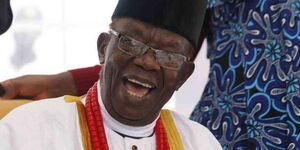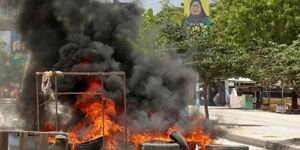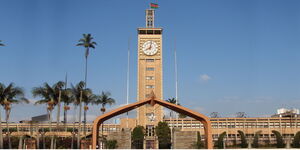Kenya has been ranked as a more peaceful country than the United States, according to a new global study.
The 2025 Global Peace Index (GPI), published by the Institute for Economics & Peace (IEP), places Kenya at 127th globally, just ahead of the United States at 128th.
Despite frequent travel advisories from the U.S. government warning citizens to exercise caution when visiting some areas of Kenya due to insecurity, this ranking was made.
Within East Africa, Tanzania is ranked as the most peaceful country at 73rd globally. Rwanda is second in the region at 91st, followed by Uganda (113th), Djibouti (122nd), Eritrea (132nd), Burundi (133rd), Ethiopia (138th), and Somalia (151st).
The least peaceful country in East Africa and the entire Sub-Saharan Africa region is the Democratic Republic of the Congo (DRC), which ranks 160th globally. The DRC also recorded the largest decline in overall peacefulness within the region.
For the 18th consecutive year, Mauritius remains the most peaceful country in sub-Saharan Africa, ranking 26th globally.
The report measured the level of peacefulness across 163 independent states and territories worldwide.
Iceland was ranked as the most peaceful country in the world, a position it has held since 2008. It was followed by Ireland (2nd), New Zealand (3rd), Austria (4th), and Switzerland (5th).
At the other end of the scale, Russia was listed as the least peaceful country globally for the first time.
Ukraine was ranked 162nd, followed by Sudan (161st), the Democratic Republic of the Congo (160th), and Yemen (159th).
Overall, the report shows that global peacefulness has continued to decline, with an average deterioration of 0.36 per cent over the past year.
According to the report, this marked the 13th time in the last 17 years that peacefulness has worsened.
"The 2025 GPI finds that global peacefulness continues to decline and that many of the leading factors that precede major conflicts are higher than they have been since the end of World War II (WWII)."
"More countries are increasing their levels of militarisation against the backdrop of rising geopolitical tensions, increasing conflict, the breakup of traditional alliances and rising economic uncertainty," part of the report reads.












